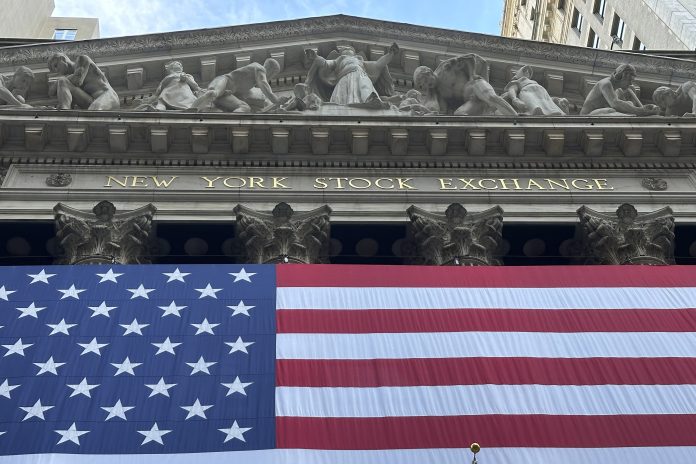After 18 months of promoting artificial intelligence and its potentially transformative impact on corporate profits and human productivity, Wall Street is growing more skeptical.
Analysts have recently scrutinized the financials underpinning the technology. They found that the massive capital expenditures by “hyperscalers” — large companies like Microsoft Corp., Amazon.com, and Alphabet Inc. with significant cloud-services businesses — may take longer to pay off than anticipated, if they ever do.
Some analysts even questioned the fundamental premises of the “AI revolution.” Jim Covello, Goldman Sachs’ global head of equity research, expressed doubts about AI’s profitability and influence. He argued that while many view AI as a groundbreaking invention, it may not match the transformative impact of the internet, cellphones, and laptops. Covello noted that AI must solve complex problems to justify the projected $1 trillion in capital expenditures, a capability he believes it lacks.
Covello also challenged the idea that the costs of generative AI will decline over time. He pointed out that despite efforts by other chip designers to compete with Nvidia Corp.’s dominance in the GPU space, prices have not significantly decreased. The current high costs associated with AI need to drop substantially to make its widespread use practical for most companies.
Doubts have also emerged about whether AI-related capital expenditures will pay off. A team of equity research analysts at Barclays suggested that the rush of investments into data centers by cloud-computing service providers is driven more by “FOMO” — fear of missing out — than a rational expectation of demand. They highlighted a disparity between expected AI-related capital expenditures and the additional revenue these investments are projected to generate.
Barclays estimated that while Wall Street expects cloud-service providers to spend an additional $60 billion annually on chips and data centers, these investments are only expected to generate an additional $20 billion in revenue by 2026. This suggests overspending on infrastructure, reminiscent of the dot-com era’s fiber-optic investments. The additional capacity from current projects could power the existing internet plus 12,000 new applications like ChatGPT, indicating that hyperscalers’ plans for new data centers exceed expected demand.
A team of strategists at Citigroup warned that investor sentiment around leading AI stocks has become euphoric. They advised clients to take profits on highflying semiconductor names like Nvidia and Advanced Micro Devices. The Citi team pointed out that shares of many leading AI companies are overpriced, even compared to Wall Street’s generous estimates for free-cash flow growth over the next five years. Examples include Tesla Inc., Nvidia, and Microsoft. However, they acknowledged that it would be impractical for most investors to completely opt out of the AI theme.
Skepticism about AI’s potential impact extends beyond Wall Street. Academics like MIT’s Daron Acemoglu have expressed doubts about the transformative productivity gains AI might bring. Acemoglu’s research suggests AI will boost U.S. productivity by about 0.5% over the next decade, adding 0.9% to GDP. In contrast, a McKinsey Global Institute study found that developed economies could see up to 3.4 percentage points of additional GDP growth over the next decade due to AI and automation.
Despite these concerns, investor belief in the AI theme remains strong. Many AI-related stocks have rebounded from a brief pullback earlier this year. Highflying stocks like Nvidia Corp. and Broadcom Inc. experienced a correction but have since regained most of their losses. AI-related software stocks have also reversed their earlier retreat, with the Invesco AI and Next Generation Software ETF trading at its highest level since late 2021.


